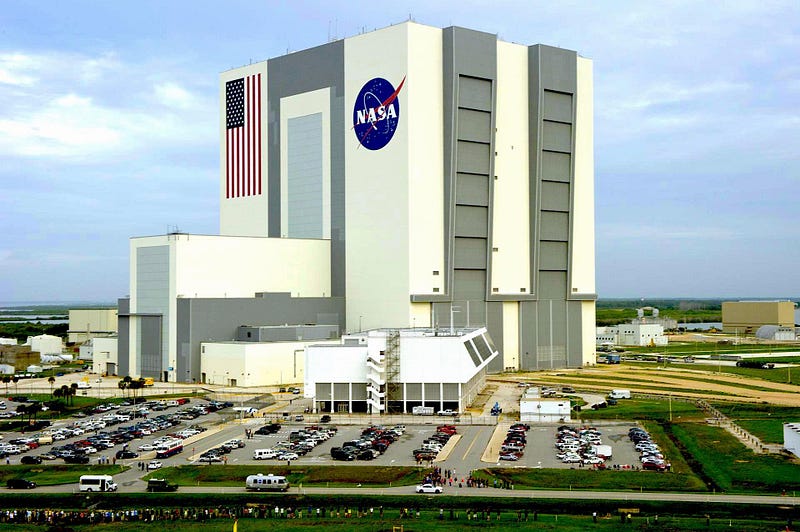Exploring the Final Frontier: Humanity's Journey into Space
Written on
Chapter 1: The Call to Adventure
Are you ready to embark on one of the most extraordinary journeys humanity has ever undertaken? If you’re reading this, it’s likely that you have an interest in technology and its transformative impact on our understanding of the universe. Indeed, humanity is experiencing a resurgence in space exploration, a venture that had seemingly stalled for years.
In recent times, significant discussions have emerged surrounding the ambitious projects of private enterprises like SpaceX, Boeing, and Blue Origin. These initiatives compel us to ponder several questions, with the most pressing being: why are private firms investing so heavily in such financially ambitious endeavors?
As Elon Musk, the visionary behind SpaceX and Tesla, has noted, substantial financial investment is essential to refine space exploration technologies. This process involves extensive testing and development, often putting the company's future on the line—something government agencies like NASA typically avoid. Consequently, NASA has begun collaborating with various private companies to continue advancing space travel without risking significant public funds.

Section 1.1: The Economic Imperative
At this juncture, the necessity for cost reduction becomes apparent. Historically, rockets were designed for single-use, a strategy that seems impractical. Just as we don’t discard airplanes after a single flight, the concept of "reuse" has emerged as a critical theme in recent years. By reusing rockets, costs have plummeted to less than a third, allowing for multiple launches with the same vehicle. This innovation not only benefits crewed missions but also significantly lowers expenses for satellite deployments, thereby facilitating advancements in industries like GNSS, which relies on efficient satellite operations for improved positioning technologies.
Subsection 1.1.1: SpaceX's Landmark Achievements
A landmark moment for SpaceX occurred when they successfully launched a rocket into space and returned all its boosters back to Earth—a feat many would have deemed impossible. This groundbreaking event was celebrated live when a Tesla was released from the cargo bay, floating majestically in the cold expanse of space.

Section 1.2: The Quest for Knowledge
At some point, we all find ourselves pondering: what are the ultimate goals of space exploration? While the answers may vary, they generally converge on a common theme. Earth has been our sanctuary for countless years, yet humanity's innate curiosity drives us to innovate and explore further. Space exploration symbolizes a new chapter in human history.
Acquiring the skills and resources necessary for safe interplanetary travel opens a plethora of possibilities, bringing us closer to evolving from a terrestrial species to a multi-planetary one. This advancement could allow humans to explore other worlds, establish extraterrestrial habitats, and safeguard our species against potential catastrophic events on Earth.
"I don’t believe humanity will endure the next millennium unless we expand into space. There are too many hazards that could threaten life on a single planet. Yet, I remain hopeful. We will reach for the stars."
— Stephen Hawking —

Chapter 2: The Scientific Frontier
The establishment of scientific research stations or extraterrestrial laboratories could usher in a wave of novel discoveries and advancements in science. This could reveal new elements and the mysteries of the universe, profoundly enhancing our understanding of our surroundings.
The path ahead is undoubtedly fraught with challenges, excitement, and opportunities. However, we are witnessing rapid progress, driven by the aspiration to navigate the cosmos and uncover new worlds. Much like Columbus setting sail for new territories, it is now time to prepare our vessels and crews to set sail on this monumental adventure.
The first video, "Why Didn't We Learn About Being Prepared To Leave Earth?", explores the necessity of preparedness in the context of space travel, diving into insights on how we can better equip ourselves for future journeys beyond our planet.
The second video, "Stephen Hawking: We Must Leave Earth To Survive | Expedition New Earth," emphasizes the urgency of expanding humanity's reach into space as a means of ensuring our survival and thriving in the universe.